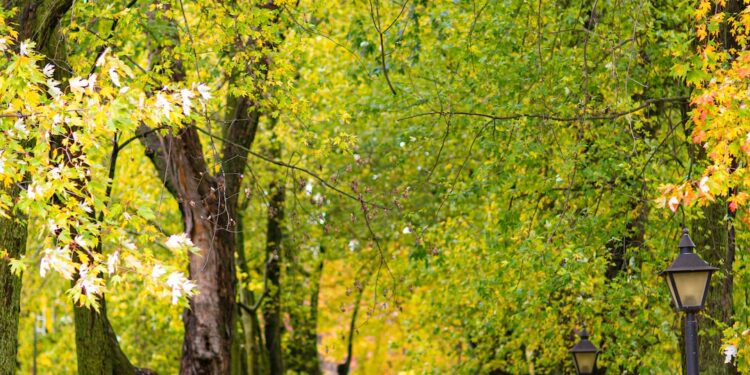Exploring Biodynamic Gardening: A Holistic Approach to Cultivating Plants
Gardening is not just about planting seeds and watching them grow. It is a collaboration between nature and humans, a dance between the elements and the keen observation of the gardener. Biodynamic gardening takes this connection one step further, offering a holistic approach to cultivating plants that goes beyond conventional methods. In this blog post, we will explore the principles and techniques of biodynamic gardening, and how it can enhance our gardening practices.
Biodynamic gardening is a method based on the teachings and principles of Rudolf Steiner, an Austrian philosopher, scientist, and educator who developed the concept in the 1920s. It is often seen as an extension of organic gardening, but with a deeper emphasis on the interconnectedness of all living things and the spiritual forces that govern the natural world.
At the heart of biodynamic gardening is the belief that the garden is a complete ecosystem, where plants, animals, soil, and people coexist in a delicate balance. This approach recognizes the importance of nurturing the soil as the foundation for healthy plants. Biodynamic gardeners focus on building fertile soil through the use of compost, cover crops, and crop rotation.
Composting is a key component of biodynamic gardening. It involves the decomposition of organic matter, such as kitchen scraps, leaves, and grass clippings, to create nutrient-rich soil amendments. The biodynamic approach to composting goes beyond simply adding organic matter to a pile. It takes into account the lunar cycles and cosmic forces that influence the decomposition process. Biodynamic gardeners may follow a specific lunar calendar to determine the best time for turning the compost or applying it to the garden.
Cover cropping is another essential practice in biodynamic gardening. This involves planting specific plants, often legumes or grasses, to cover the soil during periods when the garden beds are not in use. These cover crops help prevent erosion, suppress weeds, and improve soil fertility by fixing nitrogen and adding organic matter as they decompose. They also attract beneficial insects and microorganisms, creating a healthy and diverse ecosystem in the garden.
Crop rotation is a common practice in conventional gardening, but in biodynamic gardening, it takes on a deeper significance. The rotation of crops helps to prevent the buildup of pests and diseases in the soil, as different plants have different nutrient needs and can also attract different pests and beneficial insects. Biodynamic gardeners follow specific guidelines for crop rotation, taking into account the lunar cycles and planetary influences to optimize plant health and vitality.
Biodynamic gardening also incorporates the use of biodynamic preparations, which are made from specific plants, minerals, and animal substances. These preparations are added to the compost, sprayed on the plants, or applied directly to the soil to enhance soil fertility and stimulate plant growth. The preparations are made using a specific process, often involving fermentation, and are typically prepared during specific cosmic alignments or according to the biodynamic calendar.
Beyond the physical practices, biodynamic gardening also recognizes the importance of the gardener’s connection with nature. It encourages mindfulness and observation, a deep connection with the rhythms and cycles of the natural world. Biodynamic gardeners may spend time meditating in the garden or practicing other forms of spiritual and energetic work to enhance their connection with the plants and the land.
In conclusion, biodynamic gardening offers a holistic approach to cultivating plants that goes beyond conventional methods. It recognizes the interconnectedness of all living things and acknowledges the spiritual forces that govern the natural world. By focusing on building healthy soil, using compost, cover cropping, and crop rotation, and incorporating biodynamic preparations, biodynamic gardeners create thriving ecosystems in their gardens. This approach enhances the health and vitality of the plants, produces nutrient-dense and flavorful produce, and fosters a deep connection between the gardener and nature. So why not explore the world of biodynamic gardening and uncover the secrets of this ancient and sustainable practice.















